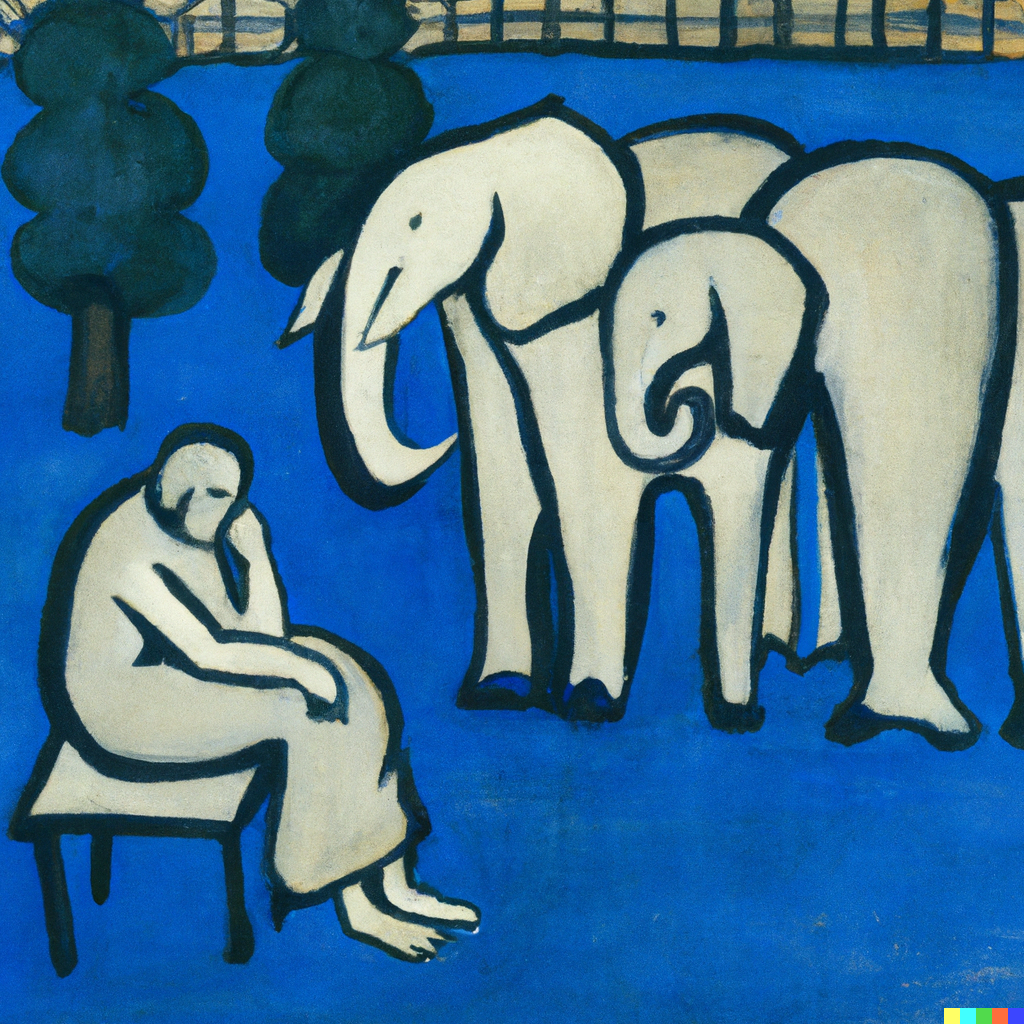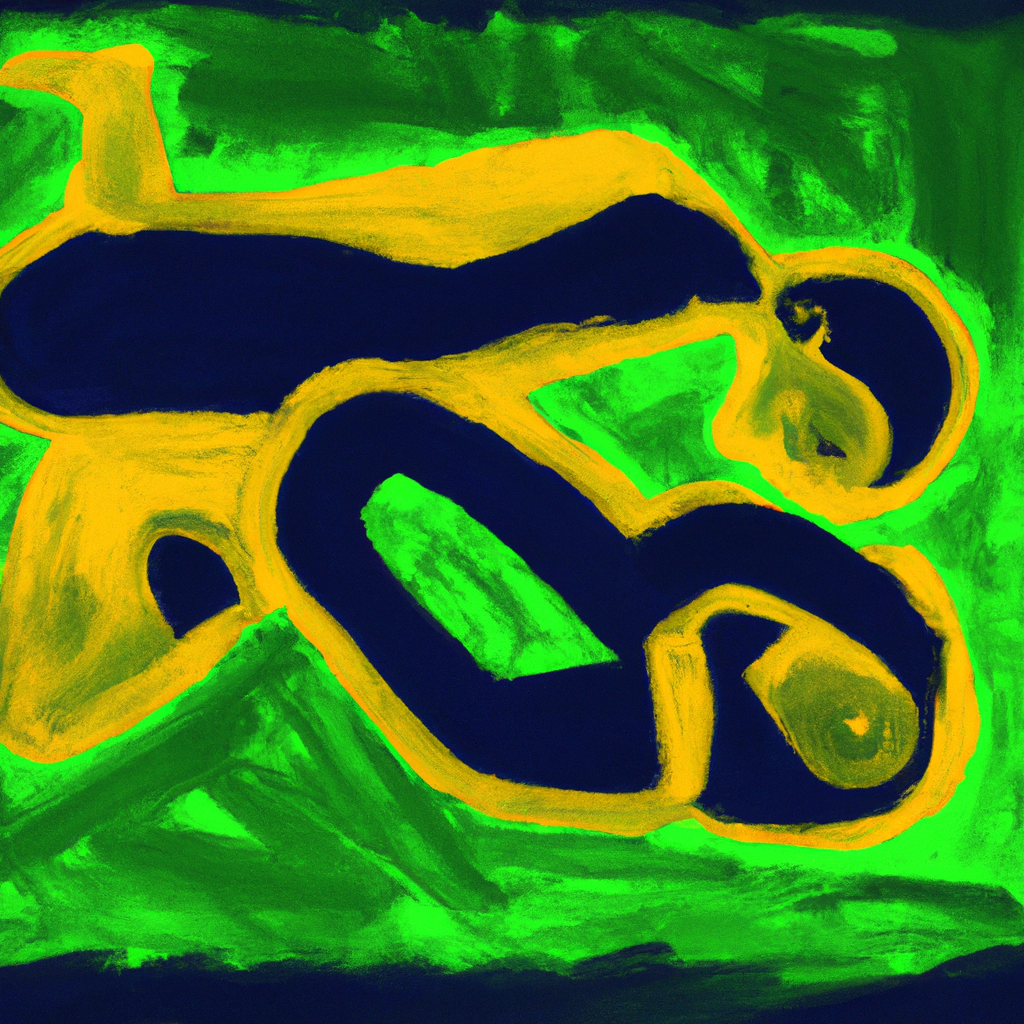
What Grief Really Is
Grief isn't a disorder or something that needs to be "fixed." It's your natural response to losing someone or something that mattered deeply to you. Think of it as proof of how much you loved - the deeper the connection, the more profound the grief.
Here's what most people don't realize: grief is as individual as fingerprints. No two people grieve the same way or follow the same timeline, even when they've lost the same person.
It's Not Just About Death
While we usually think of grief when someone dies, it shows up for all kinds of losses:
- Relationship endings (divorce, breakups, friendships that fade)
- Health changes (chronic illness, disability, mental health struggles)
- Life transitions (job loss, retirement, kids leaving home)
- Dreams that don't come true
- Even anticipating future losses (when someone is terminally ill)
Any notable change that disrupts your sense of security or identity can trigger grief. Your loss doesn't have to be "big enough" by anyone else's standards to matter.
How Grief Shows Up in Your Life
Emotionally, you might feel intense sadness, anger, guilt, relief, or complete numbness. Sometimes all of these in the same day. You might find yourself yearning for what you've lost or feeling anxious about the future.
Physically, grief hits your body hard. Exhaustion, sleep problems, headaches, changes in appetite, that heavy feeling in your chest - all normal. Your immune system can take a hit too, so you might get sick more easily.
Mentally, grief can make you feel like you're in a fog. Trouble concentrating, memory problems, difficulty making decisions, or intrusive thoughts about your loss are all common.
Behaviorally, you might withdraw from people or desperately seek connection. Daily routines can feel impossible, or you might throw yourself into staying busy to avoid the pain.
The Truth About Grief Stages
You've probably heard about the "five stages" - denial, anger, bargaining, depression, acceptance. Here's the thing: real grief doesn't work like that. You don't move through them like checkpoints in a video game.
Most people bounce between different emotions, sometimes experiencing several at once. You might feel acceptance one day and anger the next. That's not moving backward - that's just how grief works.
Different Types of Grief
Normal grief is intense and painful but gradually becomes more manageable over time. You learn to function while carrying your loss.
Complicated grief happens when you get stuck - the intense pain doesn't ease after many months, and daily functioning remains severely impacted. This isn't a character flaw; it's when professional help can be valuable.
Anticipatory grief starts before the actual loss, like when someone is dying. You're already grieving while they're still here, which can feel confusing but is completely normal.
Disenfranchised grief is loss that society does not openly acknowledge - losing a pet, a miscarriage, the death of an ex-partner, or any relationship others might not understand. Just because it's not recognized doesn't make your pain less real.
What to Expect Over Time
The first few weeks are often about basic survival. Focus on eating something, sleeping when possible, and letting people help you with practical things.
Months 2-6 usually involve the hardest emotional work. The shock has worn off, but the reality is hitting hard. This is when many people feel worse, not better.
6 months to 2 years is typically when you are actively learning to live with your loss. You'll have good days and terrible ones, sometimes back-to-back.
Beyond 2 years, most people find their grief becomes less consuming, though anniversaries and unexpected reminders can still knock you sideways. This is normal and doesn't mean you're not healing.
Grief Myths That Don't Help
- "You should be over it by now" - There's no timeline neither grief police with stopwatches.
- "They wouldn't want you to be sad" - Maybe, but you're human. Your sadness shows you loved them.
- "Everything happens for a reason" - Sometimes awful things just happen. You don't need to find meaning in your pain.
- "Be strong for others" - Being vulnerable and asking for help IS strength.
- "Grief is just sadness" - Grief can be anger, relief, fear, numbness, or anything else.
When Grief Becomes Concerning
While grief is natural, consider reaching out for professional support if you experience:
- Persistent inability to accept the reality of your loss after many months
- Complete avoidance of anything that reminds you of your loss
- Persistent anger or bitterness that interferes with relationships
- Difficulty trusting others or forming new connections
- Thoughts of self-harm or suicide
- Using alcohol or drugs to cope
- Complete inability to function in daily life for extended periods
Modern Grief Challenges
Today's world presents unique grief challenges. Social media can be both helpful and harmful - digital memorials can provide comfort, but unexpected posts or memories can trigger intense grief waves. Online support groups can connect you with people who understand, but they can also expose you to unhelpful advice.
How to Support Someone Who's Grieving
Do: Listen without trying to fix their pain. Offer specific help ("Can I bring dinner Tuesday?"). Remember important dates. Share positive memories if appropriate. Be patient with their process.
Don't: Use platitudes like "everything happens for a reason." Compare their loss to others. Push them to "move on." Avoid mentioning their loss because you're afraid to upset them. Take their grief reactions personally.
The Goal Isn't "Getting Over It"
Healing from grief doesn't mean forgetting or returning to who you were before. That person doesn't exist anymore. Grief changes you, and that's not necessarily bad.
The goal is learning to carry your loss alongside everything else in your life - joy, new relationships, future dreams. Most people find that while grief softens over time, love remains. You don't stop missing them; you learn to miss them while still engaging with life.
Many people discover that grief, while devastating, also deepens their capacity for empathy, makes them more aware of what truly matters, and connects them more meaningfully with others who understand loss.
Moving Forward
Your grief is as unique as your love was. Some days will be about survival; others might surprise you with moments of peace or connection. Both are part of the journey.
Remember: seeking professional help isn't giving up or admitting weakness. Sometimes you need someone trained to help you navigate something this difficult. Grief counselors, support groups, and therapists can provide tools and perspective that friends and family, despite their good intentions, might not be able to offer.
You can contact Shamiri Health at support@shamirihealth.com or 0718292043.
You are not broken, and you're not doing it wrong. You're human, dealing with one of the hardest life experiences. Be patient with yourself as you learn to carry this new reality.




















